Table of Contents
Quality Service Guarantee Or Painting Free

Get a rental agreement with doorstep delivery

Find the BEST deals and get unbelievable DISCOUNTS directly from builders!

5-Star rated painters, premium paints and services at the BEST PRICES!
Loved what you read? Share it with others!
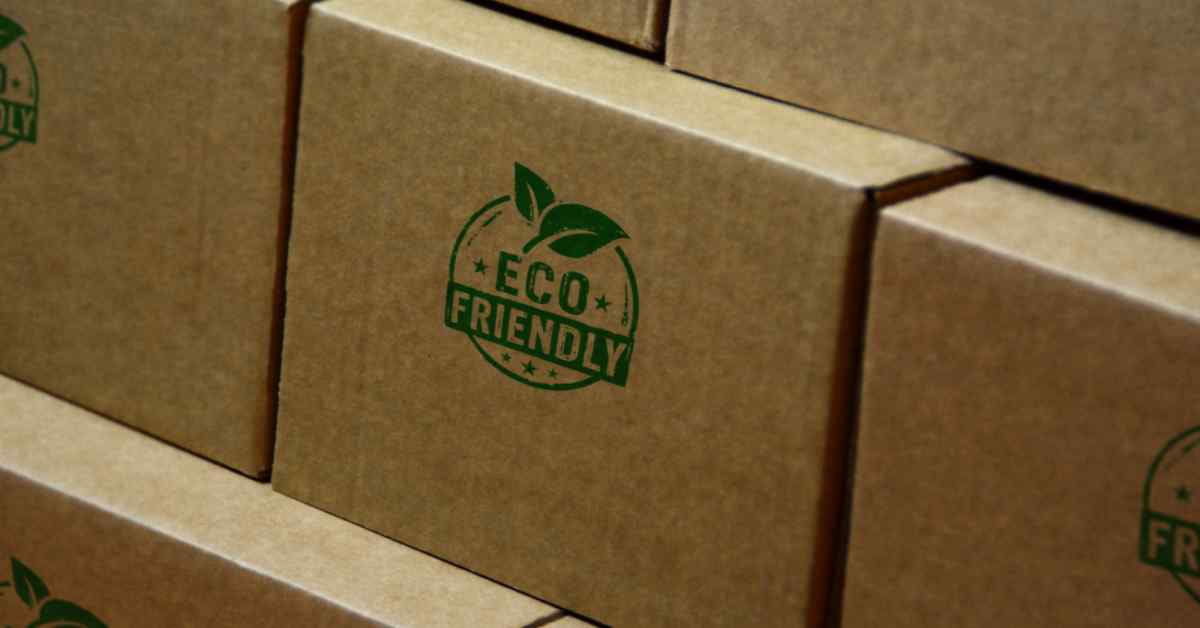
10 Eco-Friendly Packaging Ideas for 2026 | Sustainable Packing
Table of Contents
In today’s world, eco-friendly packaging is more important than ever. With rising pollution and waste, people and businesses are looking for greener alternatives to traditional packaging. In this blog, we explore what eco-friendly packaging is, why it matters, and share 10 simple, innovative ideas to help make packaging more sustainable in 2026 and beyond.
What is eco-friendly packaging?
Eco-friendly packaging is not just a trend; it's a necessity born out of our commitment to protecting the environment. It encompasses materials and practices that minimize harm to the planet, focusing on reduced waste, lower energy consumption, and the use of sustainable resources. Eco-friendly packaging is about thinking beyond the product itself and considering its entire lifecycle – from production and use to disposal.
As we forge ahead into the future, the concept of eco-friendly packaging will play a pivotal role in shaping a sustainable world. By opting for eco-friendly packaging, businesses can reduce their ecological footprint, align with the values of eco-conscious consumers, and contribute to a healthier planet.
Quality Service Guarantee Or Painting Free

Get a rental agreement with doorstep delivery

Find the BEST deals and get unbelievable DISCOUNTS directly from builders!

5-Star rated painters, premium paints and services at the BEST PRICES!
Why use eco-friendly packaging?
Our planet is facing a daunting waste crisis. Landfills are reaching capacity, oceans are drowning in plastic, and the environmental consequences are dire. The need for eco-friendly materials in packaging has never been more urgent. Traditional packaging, often derived from fossil fuels and non-renewable resources, contributes significantly to this crisis. It serves as a compelling call to action for both businesses and individuals.
Choosing eco-friendly materials is not just a matter of corporate responsibility; it's a response to an environmental emergency. By embracing eco-friendly packaging materials, we can significantly reduce our contribution to the global waste problem. These materials break down naturally, leaving behind no lasting harm to the environment. If you're interested in extending these eco-conscious practices to your home as well, explore our blog on How to Make Your Home Eco Friendly for valuable insights and tips.
10 Eco-Friendly Packaging Ideas
Now, let's delve into ten environmentally sustainable packaging alternatives that are poised to revolutionise the way we package products in 2023.
1. Seed Paper

Seed paper represents a beautiful synergy between packaging and sustainability. Embedded with plant seeds, this environmentally friendly packaging material is not only biodegradable but also life-giving. Once the packaging has served its purpose, it can be planted in soil, and with care, it sprouts into vibrant flowers, herbs, or trees. It's a remarkable way for businesses to leave a lasting green impression on their customers.
In addition to its ecological benefits, seed paper can convey a powerful message about growth, renewal, and sustainability. Businesses can print their branding, logos, or messages on seed paper, creating a unique and memorable unboxing experience for their customers. By choosing seed paper, companies can turn packaging waste into a sustainable, living legacy.
2. Compostable or Biodegradable Packaging
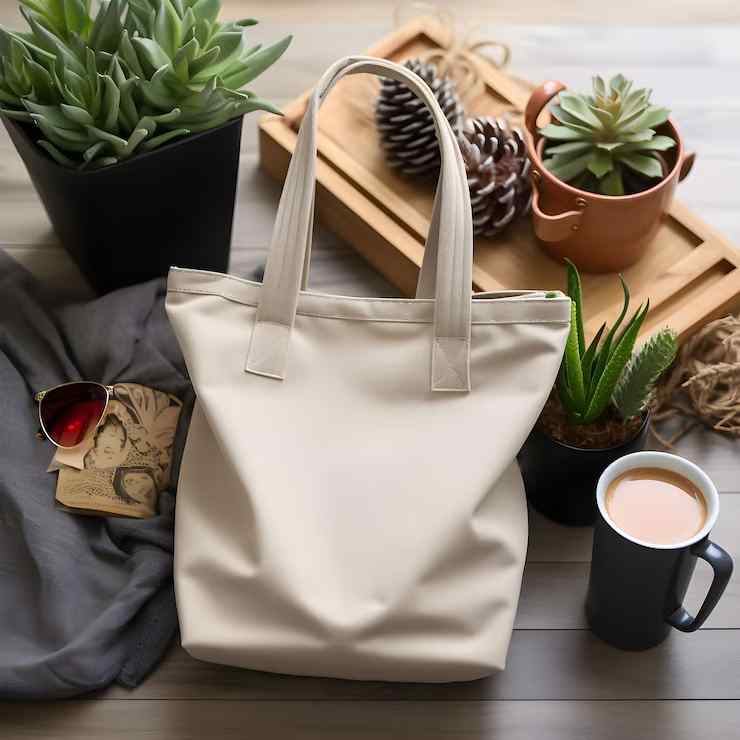
Compostable and biodegradable packaging materials are often used interchangeably, but they have distinct characteristics. Compostable materials break down into nutrient-rich compost when subjected to specific conditions, enriching the soil. On the other hand, biodegradable materials decompose naturally over time without leaving harmful residues.
Both options offer eco-conscious packaging solutions. For businesses seeking to reduce their environmental impact, these materials provide a responsible way to package products. Whether it's food containers, cutlery, or everyday packaging, compostable and biodegradable materials offer a sustainable choice, reducing the burden on landfills and ecosystems.
3. Recycled Materials

Recycled materials are at the heart of the circular economy. By incorporating recycled materials into packaging designs, businesses can significantly reduce their reliance on virgin resources. Materials like recycled cardboard, paper, and plastics can not only maintain product integrity but also showcase a commitment to environmental stewardship.
When consumers see the recycling symbol on packaging, it sends a powerful message that the company is actively contributing to the reduction of waste and resource conservation. Sustainable packaging that includes recycled materials demonstrates a dedication to a cleaner, greener future.
4. Sustainable Inks

Sustainable inks are a subtle yet impactful element of eco-friendly packaging. These inks are derived from renewable resources like soy or vegetable oil, significantly reducing their environmental footprint compared to traditional petroleum-based inks. They are also free from harmful volatile organic compounds (VOCs), contributing to better indoor air quality during production.
The use of sustainable inks aligns with the broader sustainability goals of a company. By printing packaging materials with eco-conscious inks, businesses can emphasise their commitment to minimising environmental harm at every stage of production. Moreover, sustainable inks often exhibit vibrant colours and excellent print quality, ensuring that eco-friendly packaging is as visually appealing as it is eco-conscious.
5. Sustainable Papers

Sustainable paper options are gaining traction for their eco-friendly attributes. Among these options, look for materials certified by the Forest Stewardship Council (FSC) or those made from agricultural residue like wheat straw. These materials are not only renewable but also promote responsible land management and resource conservation.
Choosing sustainable papers for packaging is not just about making an eco-friendly choice but also about engaging consumers in a sustainability conversation. Packaging that proudly displays its commitment to responsible sourcing can resonate with eco-conscious customers and encourage them to support your brand.
6. Eco Poly Bags
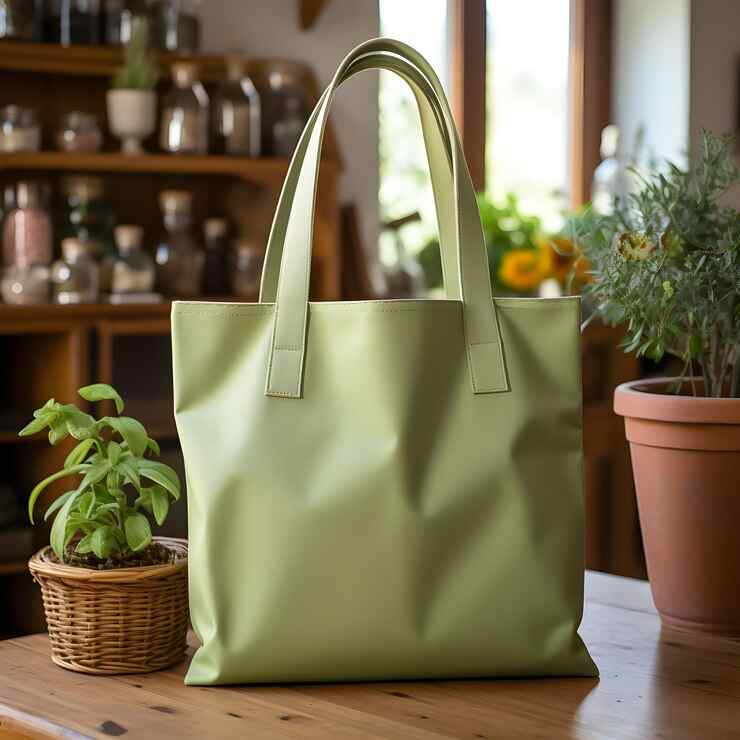
Eco poly bags are a promising alternative to traditional plastic bags. They are designed for durability and reusability, reducing the consumption of single-use plastics. Industries such as retail, e-commerce, and grocery stores can benefit immensely from adopting eco poly bags, which provide the convenience of plastic bags without the environmental drawbacks.
Beyond their environmental benefits, eco poly bags can become a branding opportunity. Companies can customise these bags with their logos, slogans, or sustainability messages, turning them into walking advertisements for their eco-friendly initiatives.
7. Reusable Gift Packaging Boxes and Bags

The trend of reusable packaging has gained considerable traction, driven by both environmental concerns and consumer preferences. Reusable packaging solutions, including gift boxes, bags, and totes, have become popular choices for businesses looking to reduce waste and offer added value to their customers.
Embracing reusable packaging offers numerous benefits, such as enhanced brand loyalty and reduced environmental impact. Creative businesses can further engage customers by designing reusable packaging with an aesthetic appeal, making the packaging an integral part of the overall product experience.
8. Bamboo Packaging
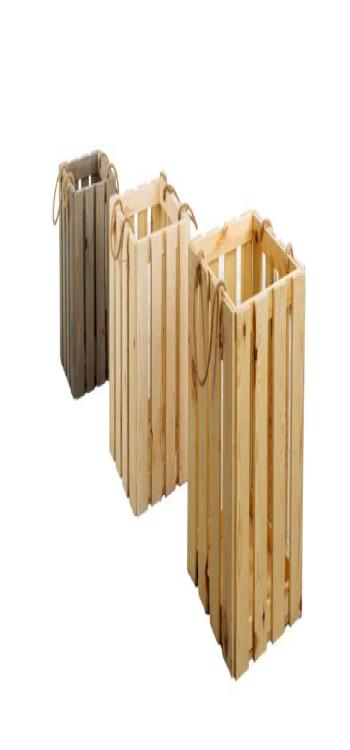
Bamboo, a rapidly renewable resource, holds tremendous promise as an eco-friendly packaging material. Its natural strength and versatility make it an excellent choice for various products, from kitchenware to cosmetic containers. Bamboo is not only abundant but also regenerates quickly, making it a sustainable alternative to traditional packaging materials.
The use of bamboo packaging conveys a strong message of environmental responsibility. By embracing this material, businesses demonstrate their commitment to reducing deforestation and promoting sustainable sourcing. Bamboo's aesthetic appeal and durability make it an attractive option for eco-conscious consumers who value both functionality and eco-friendliness.
9. Recyclable Packaging Designs
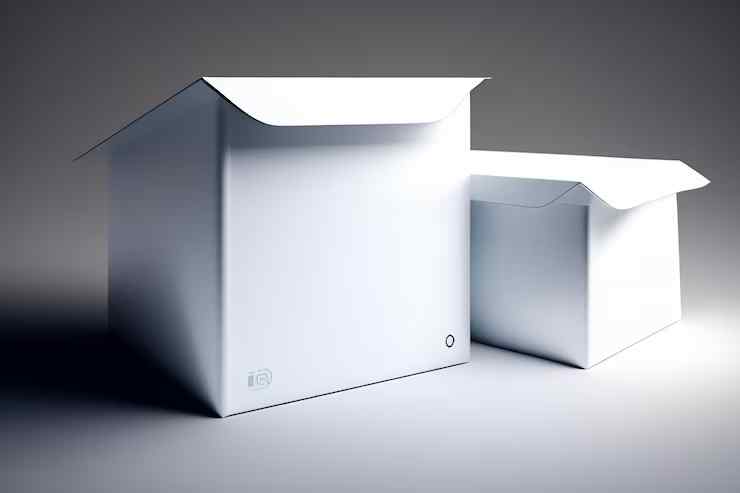
In the pursuit of eco-friendly packaging, innovative designs play a pivotal role in enhancing recyclability. Creative packaging solutions can simplify the recycling process for consumers and contribute to higher recycling rates. Unique shapes, materials, and labelling techniques can transform packaging into an environmental asset.
Recyclable packaging designs not only benefit the environment but also provide a competitive edge for businesses. Brands that implement such designs showcase their commitment to sustainable practices and can capture the attention of eco-conscious consumers. Real-world examples of companies successfully implementing recyclable packaging designs serve as inspiration for others looking to make a positive environmental impact.
10. Edible Packaging
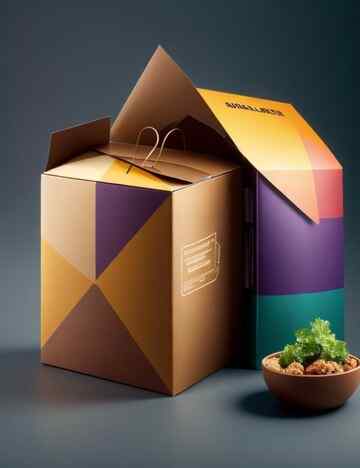
Imagine a world where packaging isn't just sustainable but also edible! Edible packaging is an exciting innovation in the realm of eco-friendly packaging. These materials are not only biodegradable but also offer the potential to reduce the consumption of single-use plastics significantly.
Edible packaging materials, often derived from natural ingredients like seaweed or rice, dissolve or degrade safely when exposed to moisture or consumed. While still emerging, edible packaging represents an ingenious way to address the environmental challenges associated with traditional packaging waste. It holds particular promise in the food industry, where single-use plastics are prevalent.
These eco-friendly packaging alternatives are just the beginning of a transformative shift towards more sustainable packaging practices. By choosing these alternatives, businesses and individuals alike can align with their growing eco-consciousness and make significant strides towards a greener, more sustainable future.
The Opportunities Don't End There
While we've explored ten innovative eco-friendly packaging ideas, the world of sustainable packaging is dynamic and ever-evolving. New materials and technologies continually emerge, offering even more opportunities for businesses, households, and the general public to reduce their environmental impact. Keeping an eye on these trends and staying adaptable is key to long-term sustainability for all.
Consumers want eco-friendly packaging.
In today's market, consumers are increasingly seeking eco-friendly products, and the packaging is no exception. Consumers tend to favour brands that share alignment with their environmental values. By responding to this demand and adopting eco-friendly packaging practices, businesses can not only meet customer expectations but also strengthen their brand reputation and competitiveness.
Choosing the Right Packers and Movers
Choosing the right packers and movers is not just about a hassle-free move; it's also an opportunity to align with eco-conscious practices. When selecting a moving company, prioritise those that demonstrate a clear commitment to sustainability. Research their eco-friendly initiatives, look for certifications like ISO 14001, and ask about their use of recyclable or biodegradable packing materials. Pay attention to transportation efficiency, waste management practices, and client reviews that highlight their eco-friendly approach. By taking the time to choose a moving company that shares your dedication to a greener future, you can make your move not only smooth but also environmentally responsible.
For more detailed guidance on choosing eco-conscious packers and movers, you can explore our comprehensive articles on the topic. Our blog on NoBroker Packers and Movers provides insights into sustainable moving practices.
How Can NoBroker Help?
As you embark on this eco-friendly packaging journey, keep in mind that your choice to prioritise sustainability actively fosters a greener and more sustainable future. However, it's natural to have questions or face challenges along the way, such as sourcing the right materials or finding eco-conscious packers and movers. That's where NoBroker comes in. We're your trusted partner in navigating these challenges, with a wealth of resources, insights, and a network of eco-conscious professionals. Don't hesitate – reach out to NoBroker Packers and Movers today, and let's embark on this sustainable journey together.
Frequently Asked Questions
A1: You can find eco-friendly packaging suppliers through online directories, industry trade shows, or by reaching out to sustainability-focused organisations and networks. Additionally, many traditional packaging suppliers now offer eco-friendly options.
A2: Eco-friendly packaging can benefit your business in several ways, including attracting environmentally conscious customers, reducing waste and disposal costs, and enhancing your brand's reputation as a socially responsible company.
A3: Eco-friendly packaging materials can sometimes have a higher upfront cost, but they often offer long-term cost savings through reduced waste disposal fees and enhanced brand loyalty. The exact cost difference depends on the materials and suppliers chosen.
A4: Eco-friendly packaging options are available for various product types. However, the suitability of specific materials depends on factors such as product characteristics, shelf life, and storage requirements. It's essential to choose materials that align with your product's needs.
A5: Absolutely! Here's a list of eco-friendly packaging materials: recycled paper, cardboard, biodegradable and compostable plastics, bamboo, glass, metal, cotton, mushroom packaging, seaweed packaging, edible packaging, recycled plastics, fabric, seed paper, wheat straw, and more. Each option offers unique eco-conscious benefits, so you can choose the most suitable material for your packaging needs.
Recommended Reading
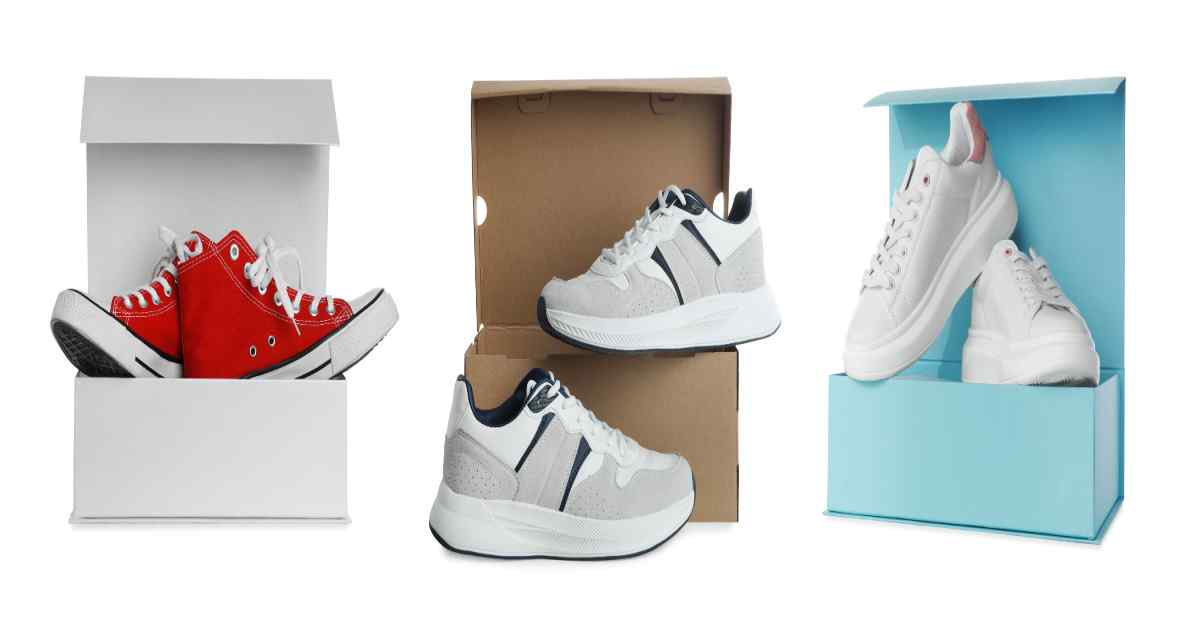
Shoes Packaging Ideas: Decluttering, Packing Materials, Techniques and More
December 26, 2023
7089+ views
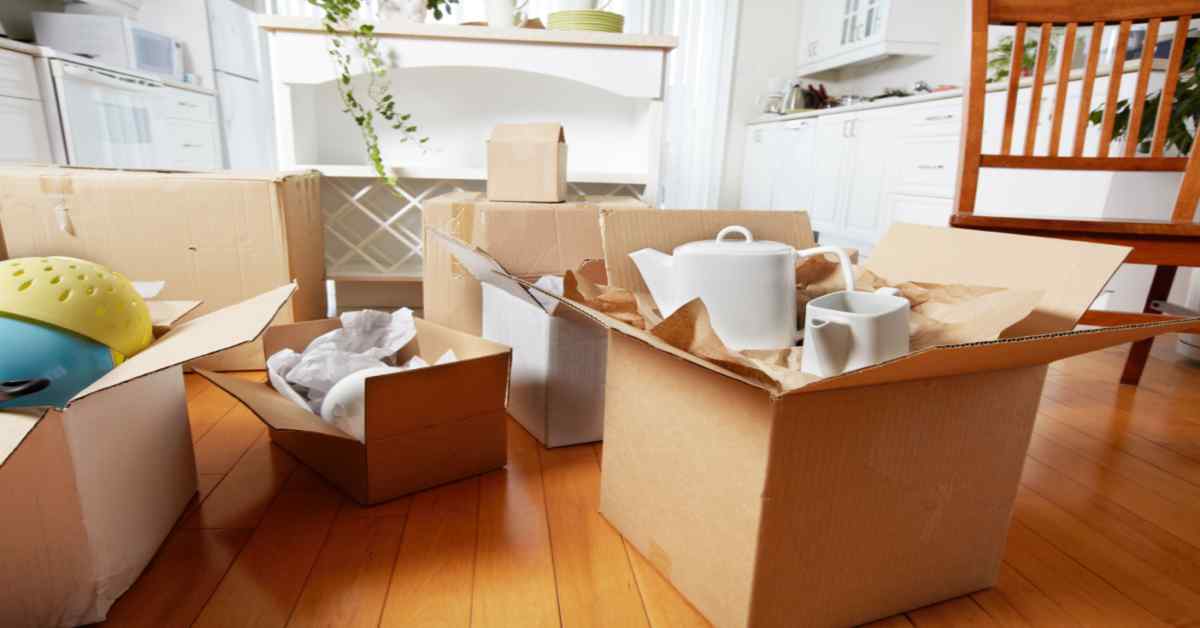
How to Pack Kitchen Items for Moving - Step-by-Step Process
January 31, 2025
5838+ views
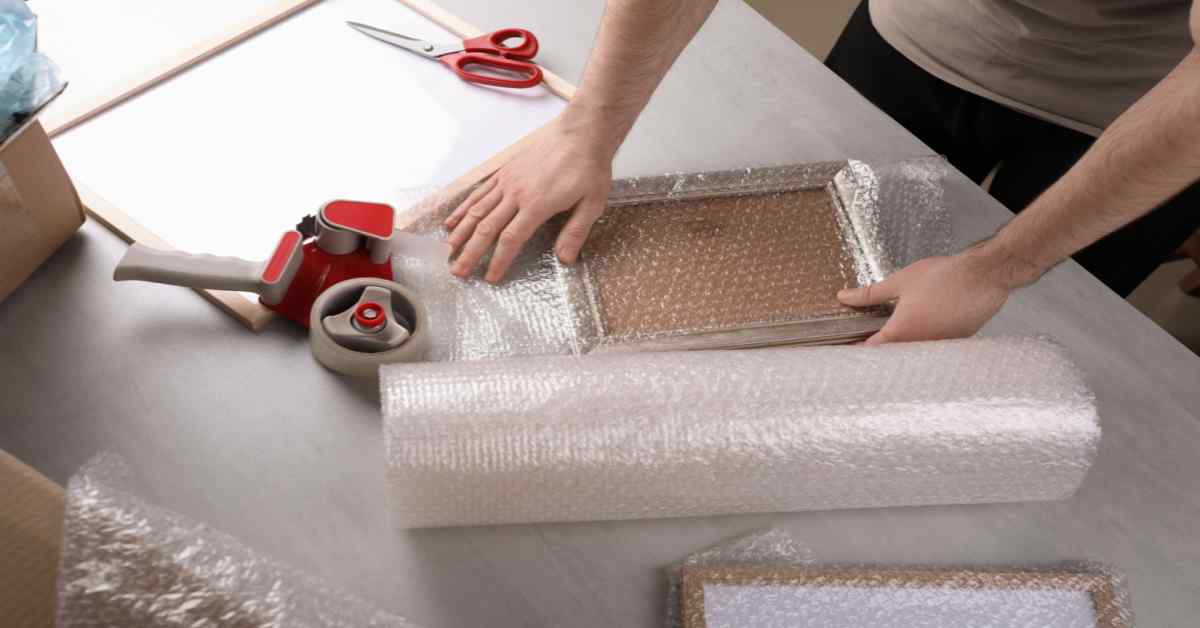
The Best Way to Wrap a Picture Frame: Cost-Effective Pro Tips
October 25, 2023
5657+ views

How to Pack Your TV For Moving Safely Step-by-Step Guide
January 31, 2025
5605+ views

The Ultimate Guide to Safely Packing Your Computer Monitor for Moving
January 31, 2025
5291+ views
Loved what you read? Share it with others!
NoBroker Packers and Movers Tips Testimonials
Most Viewed Articles

15 Best Local Packers and Movers in Bangalore: Quick Home and Office Relocation Services 2026
February 25, 2025
549562+ views
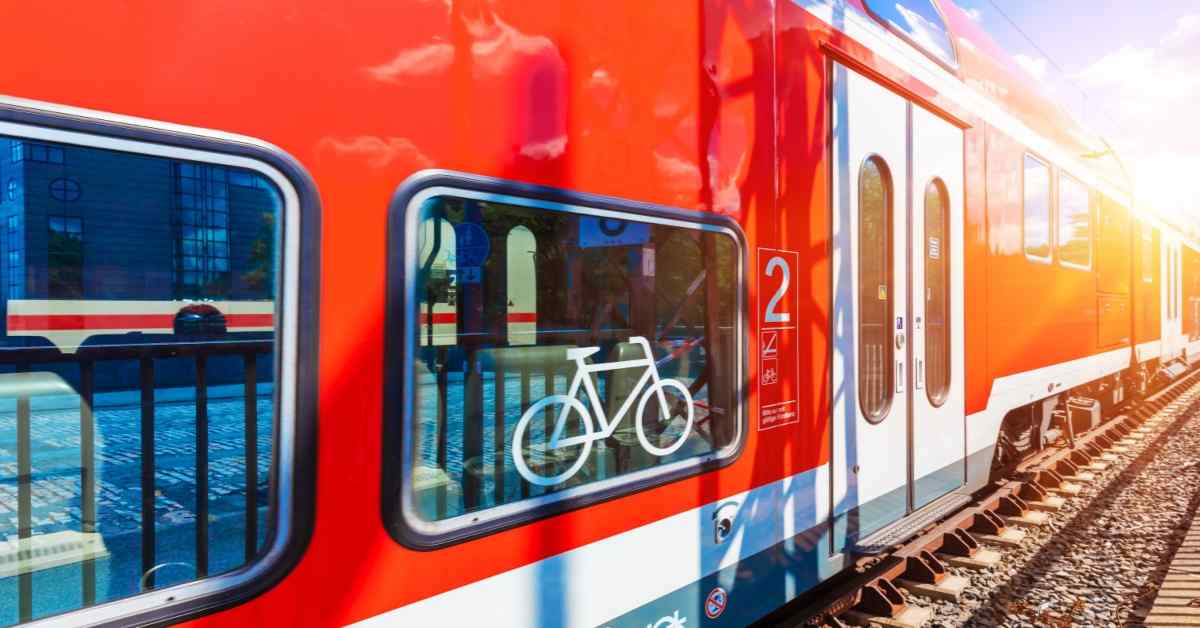
Bike Transport by Train in India: Charges, Booking Process & Documents Needed in 2026
April 30, 2025
104998+ views
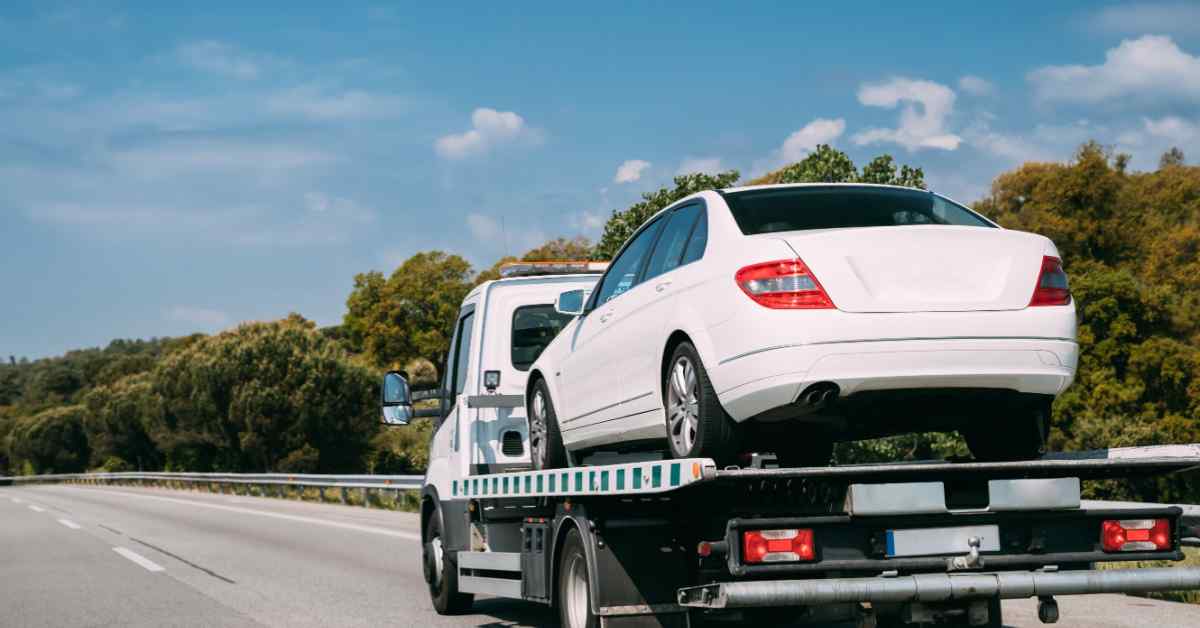
Vehicle Shifting Services in Bangalore: Booking Process, Charges and Required Documents in 2026
February 19, 2025
44997+ views

New House Checklist Before Moving into Your New Home
January 31, 2025
43486+ views
Recent blogs in
2026 में गृह प्रवेश के लिए शुभ दिन, तिथियां, नक्षत्र और सही मुहूर्त
January 12, 2026 by Yumna Ahmed
10 Best Packers and Movers in Delhi: Budget Friendly Moving Services in 2026
July 22, 2025 by Sourabh









 Full RM + FRM support
Full RM + FRM support
Join the conversation!